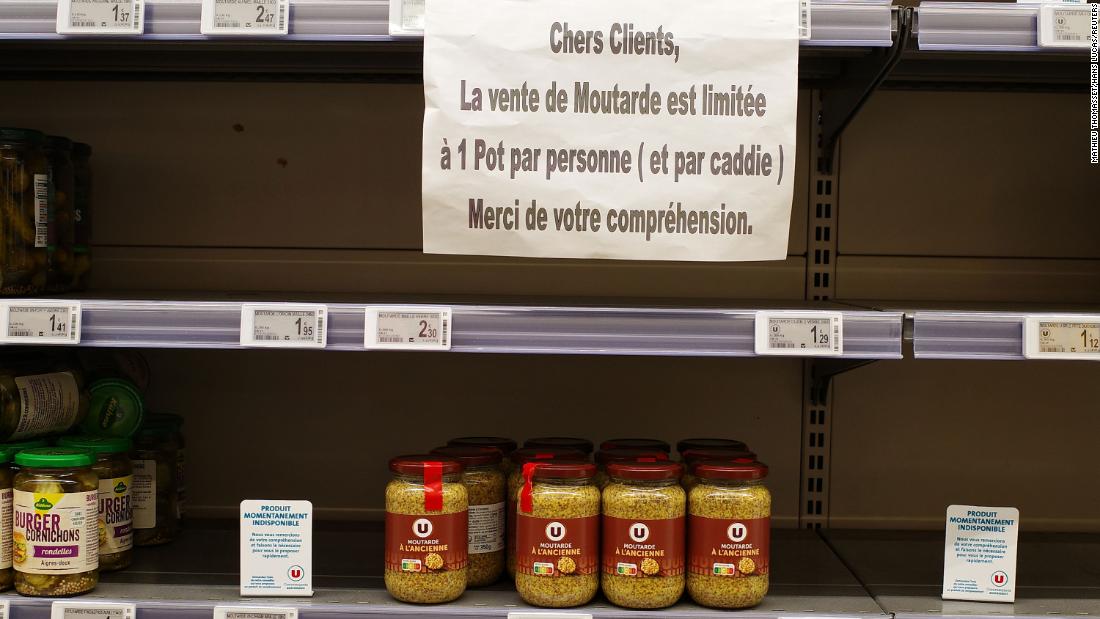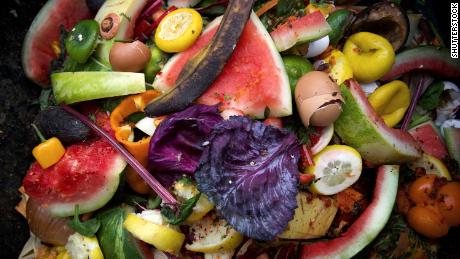
When Marc Désarménien’s “Maison Fallot” mustard boutique in Dijon opens at 10 am every morning, 10 to 15 people are already queuing outside, hoping to get their hands on this now luxurious condiment.
“I don’t think we have ever seen anything like it!” exclaims Désarménien. His family-run business has been producing authentic French mustard for generations.
“My grandfather has lived through two world wars and the post-war period when there were ration tickets in France, but even then there was mustard! Now whether you go to Lille, Marseille, Bordeaux or Strasbourg, nobody has any mustard left. It’s all sold within a few hours.”
The impact of climate change
Conspiracy theories have filled social media, some suggesting that the mustard’s disappearance is supermarkets’ ploy to inflate prices and that stacks of pots are being hidden in warehouses. But the real reason for France’s mustard shortage stretches far beyond the country’s borders.
War in Europe
“The southern parts of Ukraine were the strongest in terms of cultivation of mustard seeds. In the West it’s quite rare. Some farmers do cultivate” he says, “but that’s not enough for potential buyers from Europe. They want more and they want consistent quality.”
Matsepliuk fears the seeds have been stolen by the Russian occupiers in the south and sold at a low price. So until these areas have been freed, it is unlikely that Ukraine will be able to export any mustard seeds.
Silver linings
Not everyone is suffering from this mustard shortage. In fact, local French producers who don’t rely on foreign exports have been overwhelmed with the current demand, and their businesses are thriving.
Ghislain Durand, who produces mustard in the town of Castelnaudary in the south of France, usually takes time off in July to enjoy the summer. But this year’s demand is too good an opportunity to let pass.
“I need to keep working because of this mustard shortage, because I’ve got an order surplus that wasn’t expected, and I need to be able to make the most of this situation,” he says. “It’s very beneficial for my business, I must admit. For the past four months, the increase has been so violent and quick that it’s hard to follow.” So stark in fact, that Durand’s profits have multiplied by four.
In the tourist shops where Durand sells his mustard, people used to buy one or two pots to take home. “Now, they grab about ten!” Durand says. “They see mustard and they throw themselves at it.”
With the Canadian agriculture ministry predicting good yields for the coming harvesting season, things may be getting back to normal next year. In the meantime, those who can’t get their hands on local producers’ precious pots are turning to alternatives, from tahini to wasabi to add that sought-after kick to their meals.
